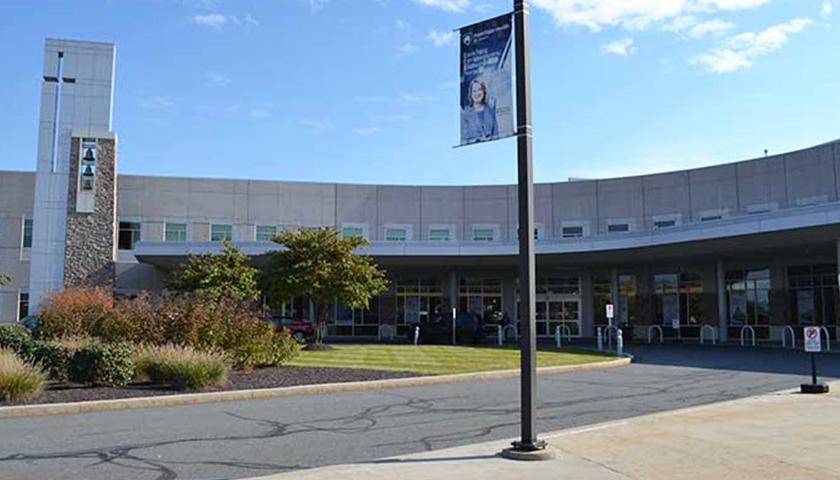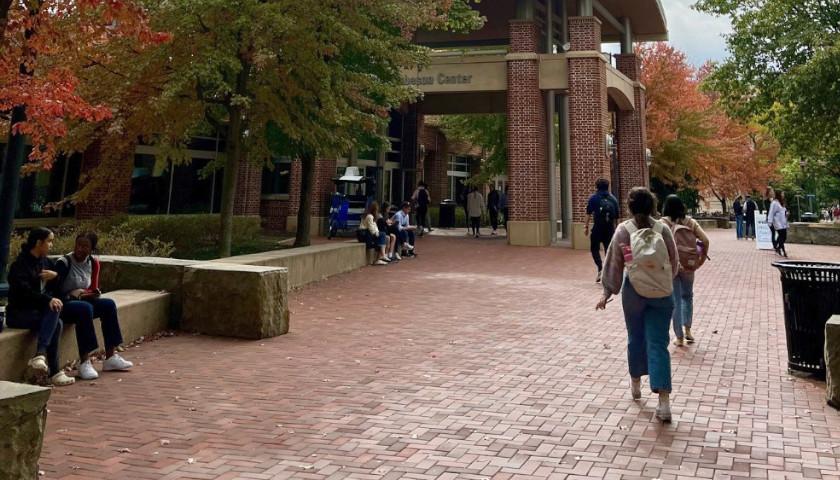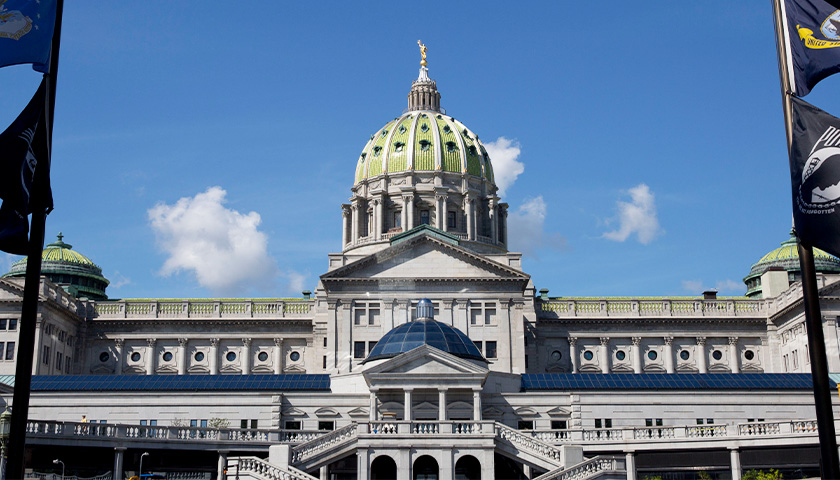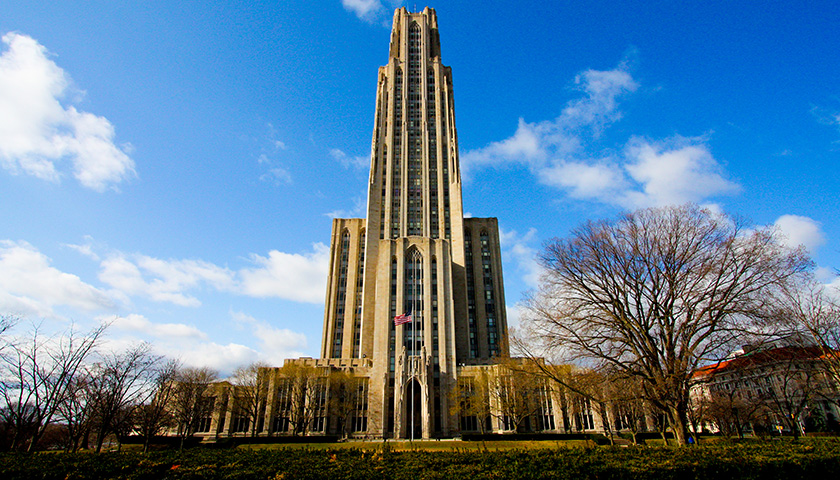The Pennsylvania House Freedom Caucus (PAFC) this week issued an ultimatum to the Pennsylvania State University: Either your hospitals will stop providing puberty blockers to children or funding won’t be forthcoming.
Penn State Health operates six hospitals in central Pennsylvania. The PAFC is castigating the university-run system for “prescribing experimental puberty blockers and providing “‘gender-affirming care’ to children as young as FIVE YEARS OLD.”
Read the full story






